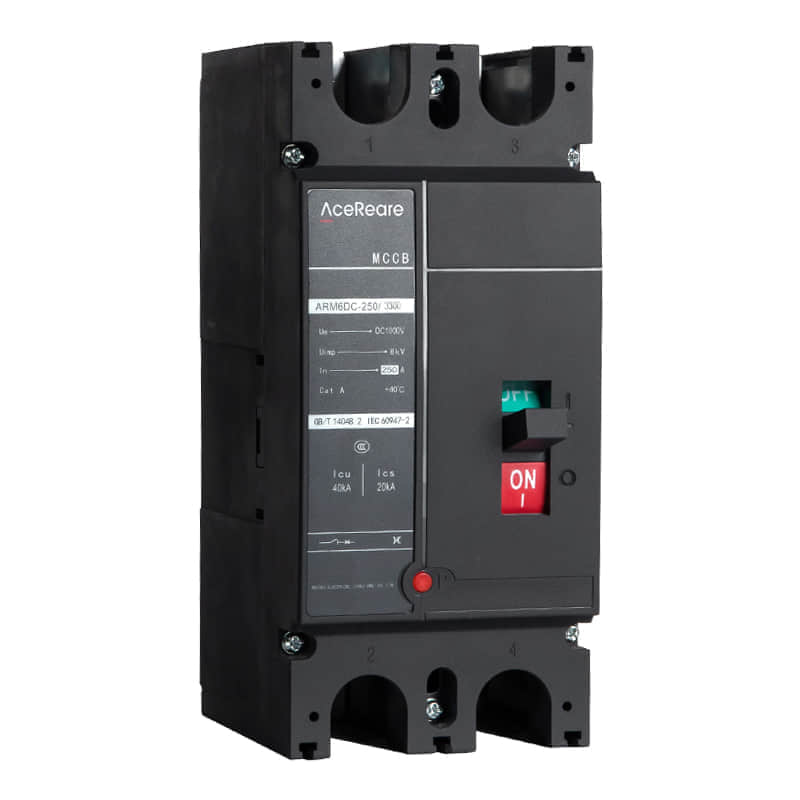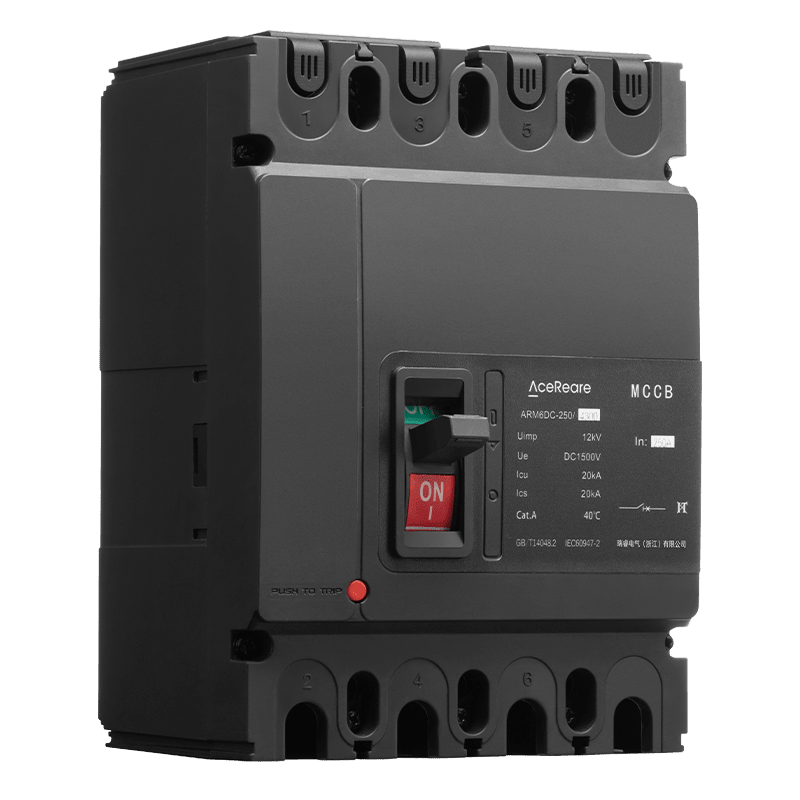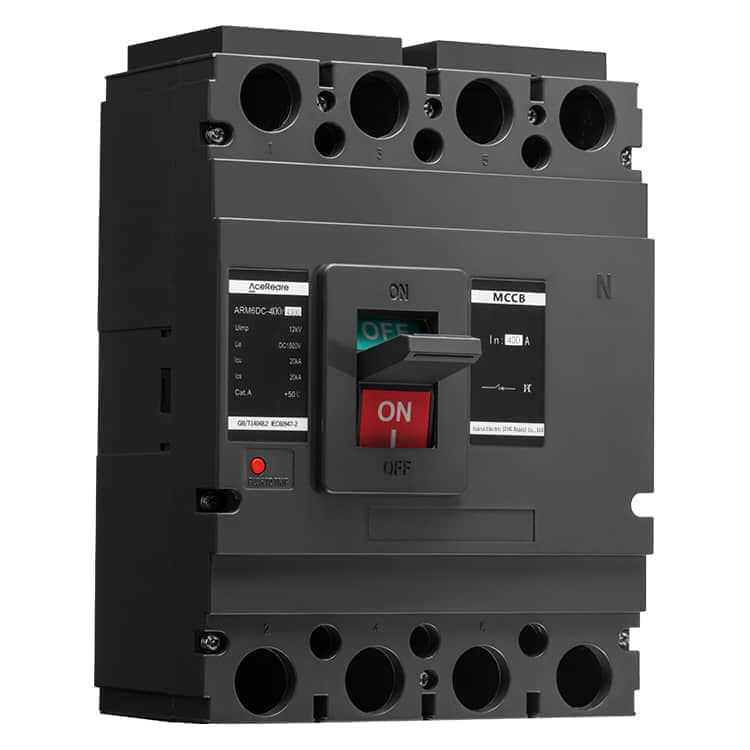In the realm of electrical systems, safety stands as a paramount concern. From residential buildings to industrial complexes, ensuring the protection of both equipment and individuals remains a top priority. One technology that has significantly contributed to this safety landscape is the DC Molded Case Circuit Breaker. In this article, we will delve into the intricacies of this innovative solution and highlight the numerous advantages it brings to modern electrical systems.

Introduction to DC Molded Case Circuit Breakers

DC Molded Case Circuit Breakers (DC MCCBs) are crucial components of electrical distribution systems. These breakers are designed to safeguard circuits from overcurrents and short circuits in direct current (DC) applications. Unlike their alternating current (AC) counterparts, DC MCCBs are engineered to manage the unique characteristics of direct current, which include a constant voltage level and unidirectional flow of electricity. As the demand for DC systems grows across various industries such as renewable energy, transportation, and telecommunications, the importance of efficient and reliable circuit protection becomes increasingly evident. Advantages of DC Molded Case Circuit Breakers Precise Overcurrent Protection: DC MCCBs offer accurate and reliable overcurrent protection. They are equipped with advanced trip units that can detect and respond to various types of overcurrent conditions, such as short circuits and overload currents. This precise protection prevents damage to equipment and minimizes the risk of electrical fires. Adaptability: DC MCCBs are adaptable to a wide range of applications. They find use in solar power systems, battery storage installations, electric vehicles, data centers, and more. This adaptability showcases their versatility and highlights their relevance in the ever-evolving electrical landscape. Longevity and Durability: The robust design of DC MCCBs ensures their longevity and durability in demanding environments. They can withstand the challenges posed by temperature variations, mechanical stress, and other adverse conditions, making them a reliable choice for critical applications. Remote Monitoring and Control: Many modern DC MCCBs come equipped with smart features that allow for remote monitoring and control. This capability enables facility managers and engineers to monitor the breaker’s status, receive alerts, and even trip the breaker remotely if necessary. Such features enhance system management and troubleshooting. Space Efficiency: DC MCCBs are designed with a compact form factor, making them an ideal choice for applications where space is limited. This is particularly valuable in industries like transportation, where maximizing space is crucial without compromising safety. Selective Coordination: Selective coordination is the ability to isolate a fault to the smallest section of the electrical system possible while keeping the rest of the system operational. DC MCCBs can be coordinated with other protection devices in the system to achieve selective coordination, minimizing downtime and optimizing system performance. Conclusion In an era of advancing technology and increasing reliance on direct current systems, DC Molded Case Circuit Breakers emerge as vital components that ensure the safety, reliability, and efficiency of electrical networks. Their ability to provide precise overcurrent protection, adapt to diverse applications, withstand challenging environments, offer remote monitoring, and facilitate space efficiency demonstrates their significance. As industries continue to evolve and embrace DC technology, the role of DC MCCBs in maintaining and enhancing electrical safety becomes even more pronounced. By investing in these advanced circuit breakers, we not only protect valuable equipment but also safeguard lives, making our modern world a safer place to live and work.
